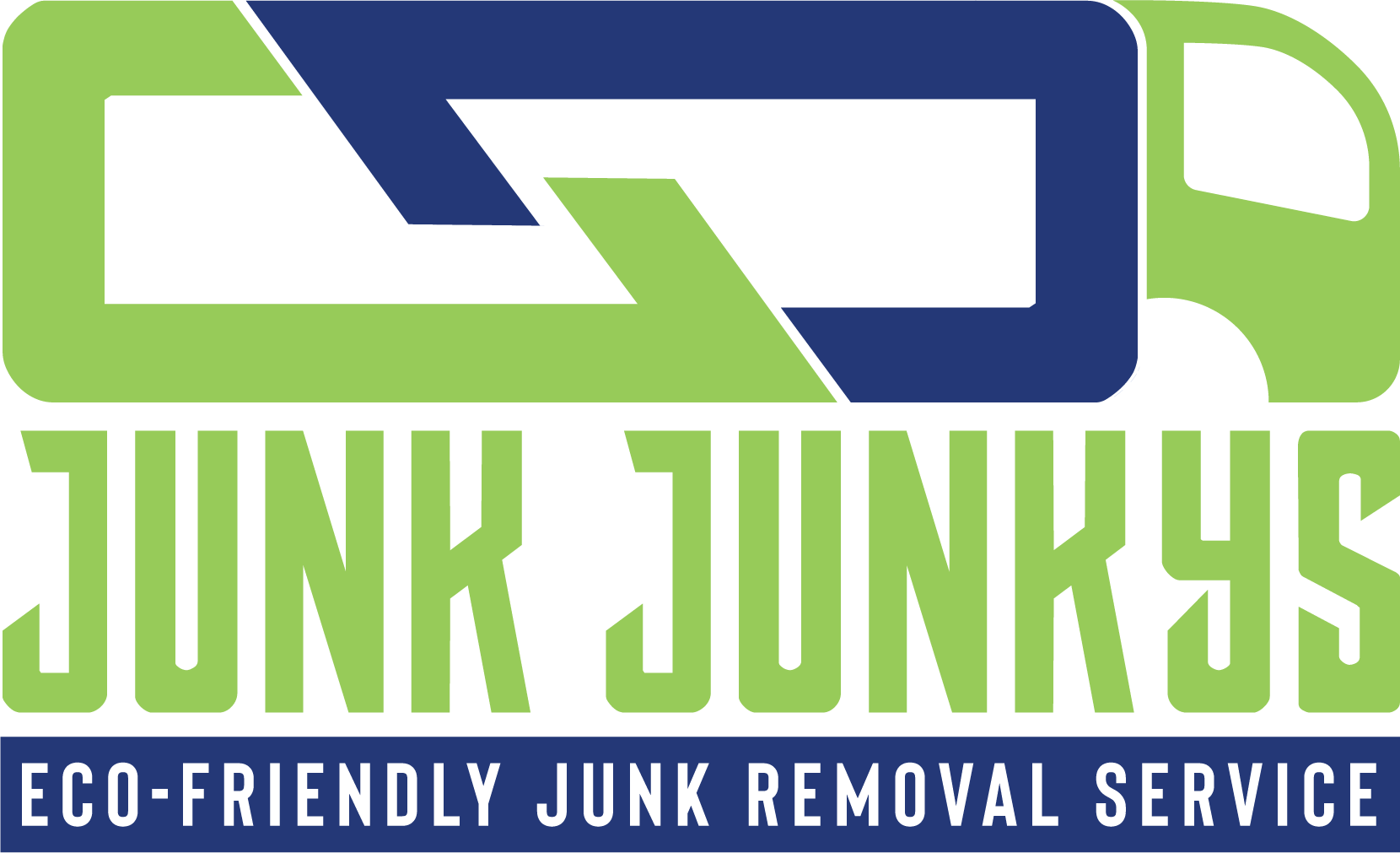
3 Reasons to Embrace Minimalism for a Junk-Free Environment
“Treat the Earth well. It was not given to you by your parents. It was loaned to you by your children. We do not inherit the Earth from our ancestors. We borrow it from our children.”—Red Indian proverb.
Materialism never did the environment any favors. Nor did it make humankind happy. It just made a junk removal companyvery busy.
Tell your kids that.
Keeping up with the “Joneses” ruined humanity spiritually and exposed our inherent tendency towards lust. While man still coveted, it simultaneously dawned on him that these cravings were failing to satisfy. Hence, colonial consumerism slowly crumbled.
From these ruins, there emerged a lifestyle trend in the 1950s and ‘60s called Minimalism. It was fueled by mundane, simplistic, stripped-down art expressions such as Andy Warhol’s depiction of a Campbell’s soup can.
Soon the movement caught on in interior design, lifestyle, and environmental concerns.
Less is more. Really.
Millennials, in large numbers, are waking up to the economic, environmental, and lifestyle benefits of Minimalism. A sluggish economy may also have been a contributing factor that forced them to adopt this way of life.
While there are many good reasons to get on this bandwagon and reduce your carbon footprint, will Minimalism prove to be another fad from the ‘60s?
Or, does Minimalism really work to reduce junk?
Here’s the opinion of a junk removal service.
Here are some of the best reasons to embrace Minimalism and produce less waste.
Check them out below.

- Minimalism reduces the consumption of natural resource & reduces junk
The first way to generate less waste is by reducing consumption. And chucking out all excess, of course. Hop on to Google for the “junk removal near me”searches!
Here are 3 simple household statistics noted by Becoming Minimalist founder Joshua Becker to help you understand that we’re buying more than we need:
- British researchers say that an average 10-year old owns 238 toys—yet he/she plays with only 12 of them.
- Each American throws out, on an average, 65 pounds of clothing in a year—which ends up in the landfills.
- According to the Wall Street Journal, Americans spend $1.2 trillion on things they do not need.
With such startling examples of rampant consumerism, it’s not hard to make the connection with its negative impact on the environment.
Natural resources like petrol (from where we get plastic), fibers, metals, minerals, water all play a part in producing the items we buy that we don’t need.
So, the next time you mindlessly spend money on an extra “something”, just because it tickles your fancy—pause.
You don’t need it. And neither does the environment.
Embracing Minimalism and its underlying mantra of “less is more” curbs the appetite from purchasing things you don’t need. It’s a conscious choice and a lifestyle decision. It’s vigilant self-governance that prevents you from splurging or consuming every time you hit the malls.

- A minimalistic approach to clothes reduces waste
Joshua Becker also found that in the 1930s, the average American woman owned 9 outfits.
Today, she owns 30.
But does she wear them all? A University of Manchester researcher answers with a flat-out ‘no’. 12% of a woman’s wardrobe is “inactive”, meaning it may never see the light of day.
The lesson learned here?
Excessive clothing, bought in a flash of consumeristic madness, ends up becoming a massive cause of junk. As a junk removal service, we can attest to that!
These saddening stats from Abigail Beall’s article “Why clothes are so hard to recycle” highlight the truth about the junk mountain created by unwanted clothes.
- 13 million tonnes of textiles were sent to be burned or dumped in landfills in 2017 in America.
- The average American throws away 37 kg of clothing each year.
- Globally, 92 million tonnes of textile waste is produced each year.
Here are some equally hard-hitting figures on the blowback Mother Nature takes in the production process of our vestments:
- The fashion industry is responsible for 10% of greenhouse gas emissions.
- They are also responsible for 20% of the global waste water.
- Just 12% of clothing material is recycled worldwide.
With deadly injuries being caused to the environment by our purchasing sprees, minimalism may help reduce the waste.
Minimalist rules about buying less, wearing everything, and donating unworn clothes is a massive win for nature. Its focus on a personal style devoid of following every passing trend is also applaudable. Minimalists set an upper limit on the number of clothes they should have, and while not Puritan, they buy according to need, not season, sale, or greed.
Therefore, get rid of your excess stuff with junk removal in San Diego!

- Minimalism in transport and housing reduces junk
Finally, Joshua Becker notes that in the last 50 years, the average size of the American home has tripled in size. The larger the house, the more material it takes to build, and the more items it can hold.
The result?
More consumption. More cause to call a junk removal service!
It is backed up by the fact that 1 in 10 Americans own offsite storage for items their homes can’t fit!
Minimalists are looking at micro-apartments, at around 200 sq feet, containing the bare minimum of what you need in life. After all, you need only an 8ft space to sleep at night.
Smaller apartments solve multiple problems. They help make housing affordable, reduce eco-footprint, and reduce furnishings, all pointing towards less junk.
Finally, the minimalist’s approach to getting around is old-school. Ditch greenhouse emitting cars, and hop onto public transport. Buy cycles to get around locally and stay guilt-free of the 4.6 metric tons of carbon dioxide produced by passenger vehicles per year.
Carpool, walk, share a ride, or go electric and buy a car that gives you years! While vehicles are widely recycled for parts and steel, it doesn’t mean you should change cars often.
The closing statements for Minimalism and a junk-free environment
The mainstream is leading Minimalism as a counterattack on the consumerist culture of a previous generation—highly responsible rebelling, we think.
But the peripheral offshoots of the movement augur a wealth of benefits for nature. Reducing natural resources’ exploitation, conserving natural heritage, minimizing waste—we’re slowly making the world a better place.
Hence, approach Minimalism not only as a lifestyle decision but also as a way of conserving.
In conclusion, Minimalism demonstrably reduces consumption which in turn reduces junk and waste. Ultimately, it’s a lifestyle choice that’s a win-win both for the environment and its people.
Finally, need junk removal to embrace Minimalism?Contact Junk Junkys!
References: www.forbes.com, www.nosidebar.com, www.becomingminimalist.com, www.bbc.com, www.epa.gov, www.nourishingminimalism.com, www.ecomena.org, www.centerforecotechnology.org

